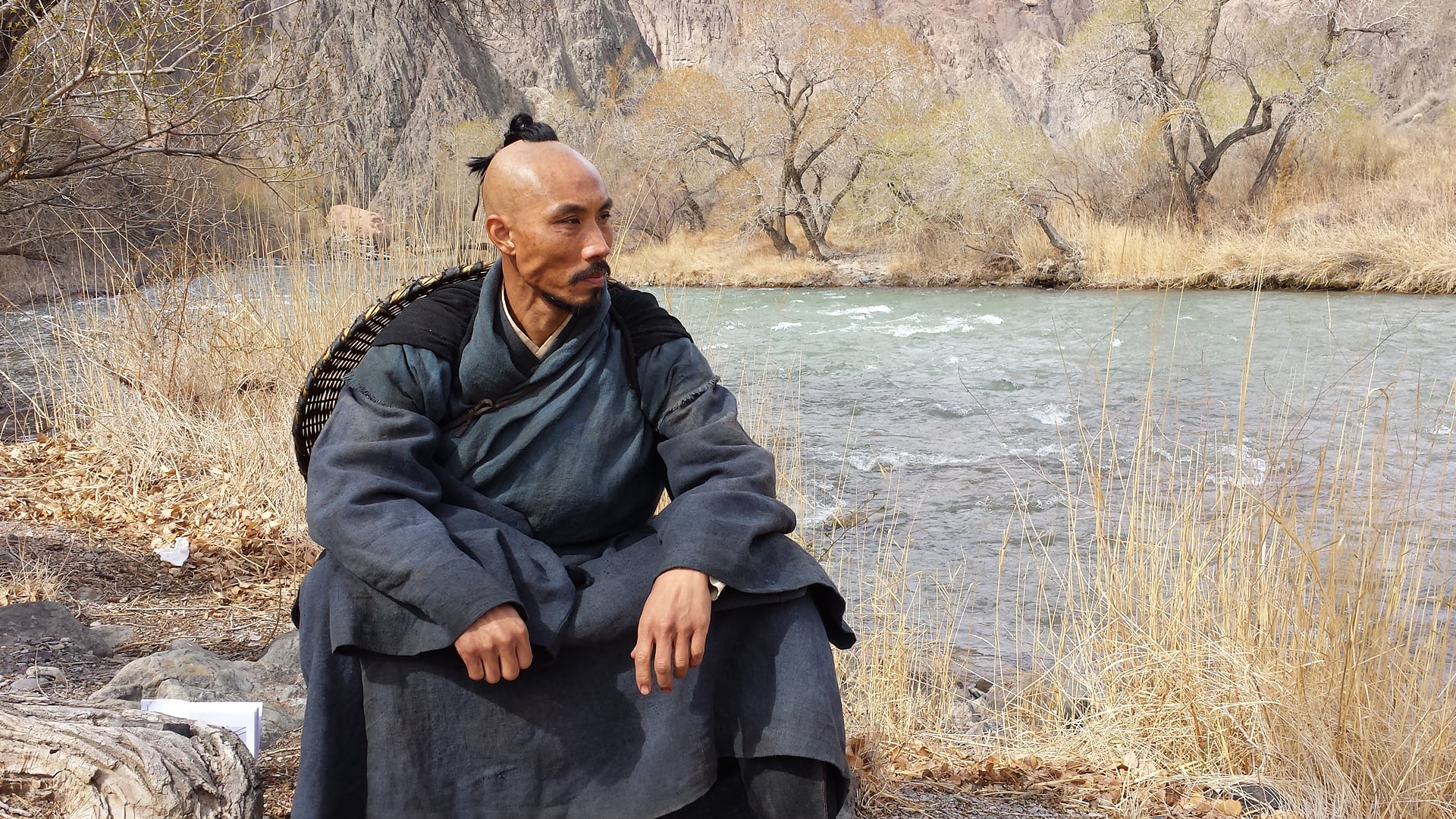

This is a problem only for those who seek some point."Įven early on before the narrator took over from Rustichello there were some quite subtle hints. Of course their activity is pointless: so is yours, so is mine. "You ask again for a justification in your own terms. Their labors? Why should they not rather devote themselves to lives of idle luxury or monastic contemplation?" Then should the anatomist and his apprentices be going about "But why - Excuse me for interrupting," I said, "but why What can be known is known already: indeed, any effort should rather be in the opposite direction. Only choosing and placing in intriguing arrangements. In the end the sage seems to win the day with his post-modernist position They then have a disagreement on the purpose of science. “Because there would be little point in doing it otherwise?” “And why,” he said,” should anatomy have an aim, any more than the organs of the body exist merely to fulfill some function?” “But my question was about the purpose of the organs, which would seem surely to be the principle aim of anatomy to uncover. The sage is doing some scientific research and Polo explores why he is doing this research. One passage that was especially revealing to me was a conversation between Polo and “The Failed Sage,” one of the people he meets in his travels. Soon I’m reading about goals posts for rugby, the use of a camera, playing Monopoly to kill time and riding in an elevator!!! Ah, yes, I did realize I wasn’t in 1170!!!! I’m reading along, thinking I’m reading this 12th century novel when all of a sudden I read that when Polo was buying supplies they preferred he pay in Nicaraguan silver dollars and British pounds sterling. It was simply to introduce many many anachronisms into the tale, which jarred this reader at first, but soon I recognized this was just the narrator letting us know that he had, indeed, taken over from Rustichello. I did like one of the narrator’s clever ways of announcing that he had taken over. To this Griffith’s adds the narrator’s use of that situation to build his strong case for a world of where truth is neither a reasonable aim nor possible, thus the narrator can redo the story as he wishes.īit by bit Polo is no longer really in conversation with Rustichello, but with Griffiths’s narrator who has sort of taken over the novel. We already have the late 13th century’s book which is in no way dedicated to truth, but to telling a good story.

Using the Polo / Rustichello frame for this post-modernist rant is a brilliant strategy. Thus we don’t get the Rustichello version of the Polo story, but Paul Griffiths’s account of this modern day writer horning in on the Rustichello story, rewriting it in modern terms, actually, post-modern terms would be a more accurate description. However, here we have a third party, the narrator, who enters into this dialogue and gradually replaces Rustichello as the author. However, even in the historical case of the Polo / Rustichello relationship, Rustichello seems to have taken SIGNIFICANT leave to doctor up Polo’s story to make it more marketable and fit better as a literary text, seemingly much to Marco Polo’s displeasure. He later published this book as Marco Polo’s travels and the rest is history. Marco Polo has been arrested and is in a cell with Rustichello who was somewhat a writer and decided to write Polo’s story from Polo’s dictation while they are in jail.

The book opens in a jail cell in Genoa in 1294. In the very first pages it would appear it was to be virtually a retelling of a seemingly true story, the composition of Rustichollo’s book about Marco Polo’s travels. Yet is was often both fascinating and certainly challenging. I’m not sure I liked it a great deal, nor am I sure I understood lots of it. This was one of the most challenging and different books I have read in years.

Book REVIEW MYSELF AND MARCO POLO By Paul Griffiths MYSELF AND MARCO POLO By Paul Griffiths


 0 kommentar(er)
0 kommentar(er)
